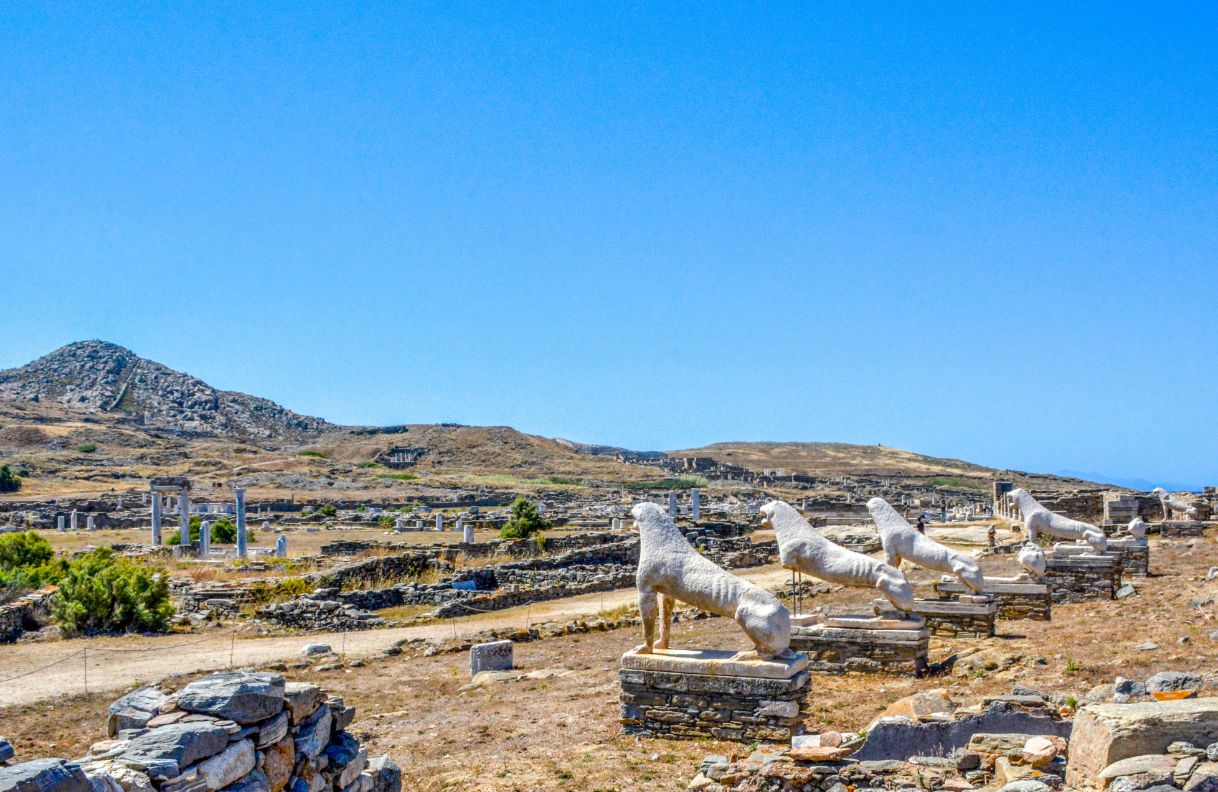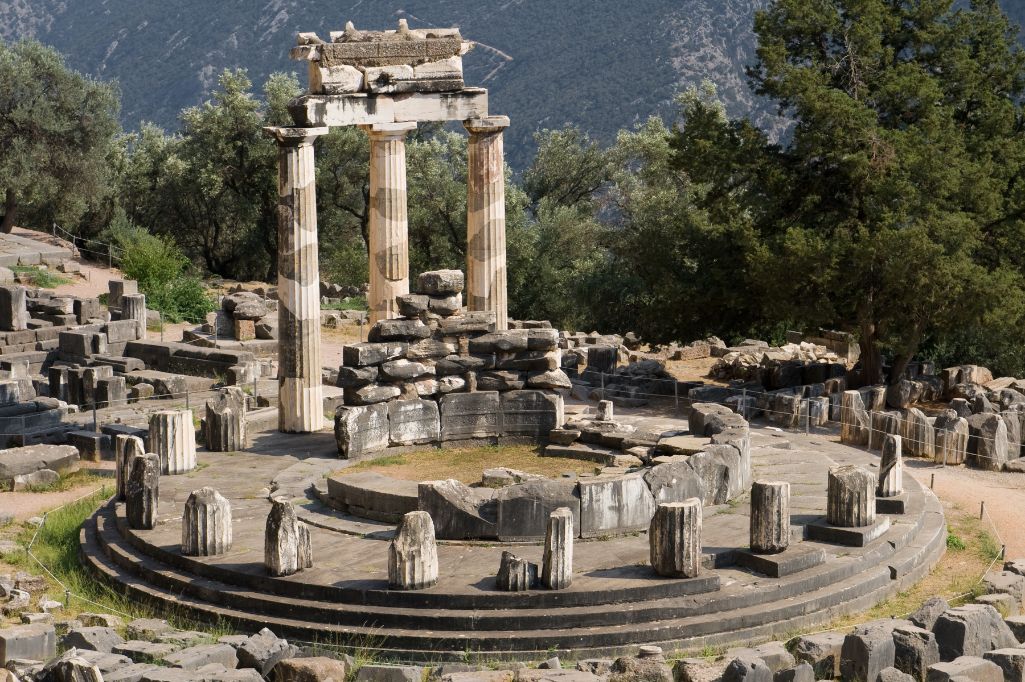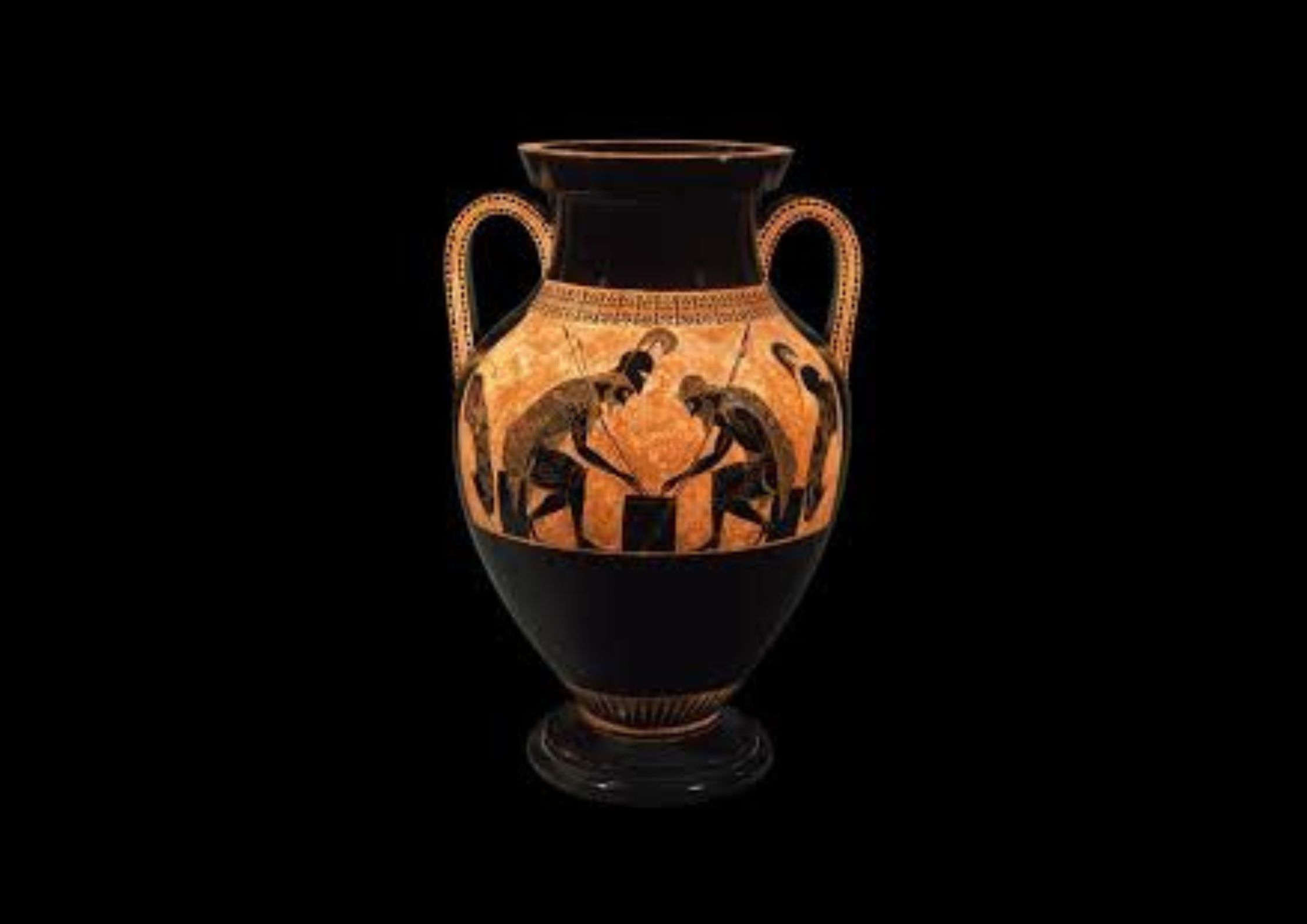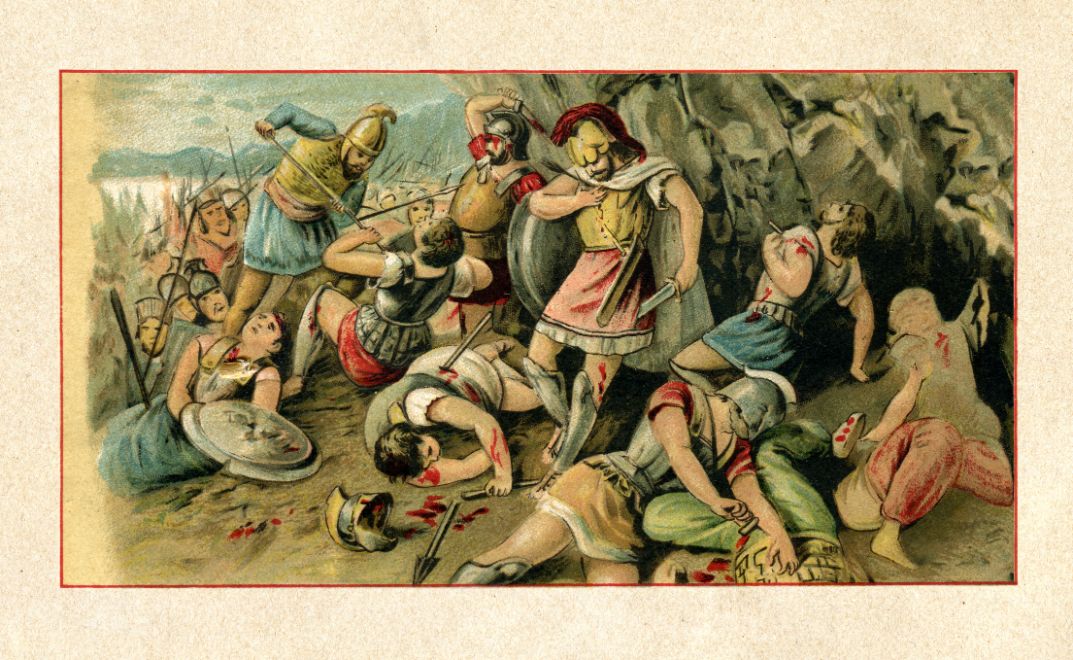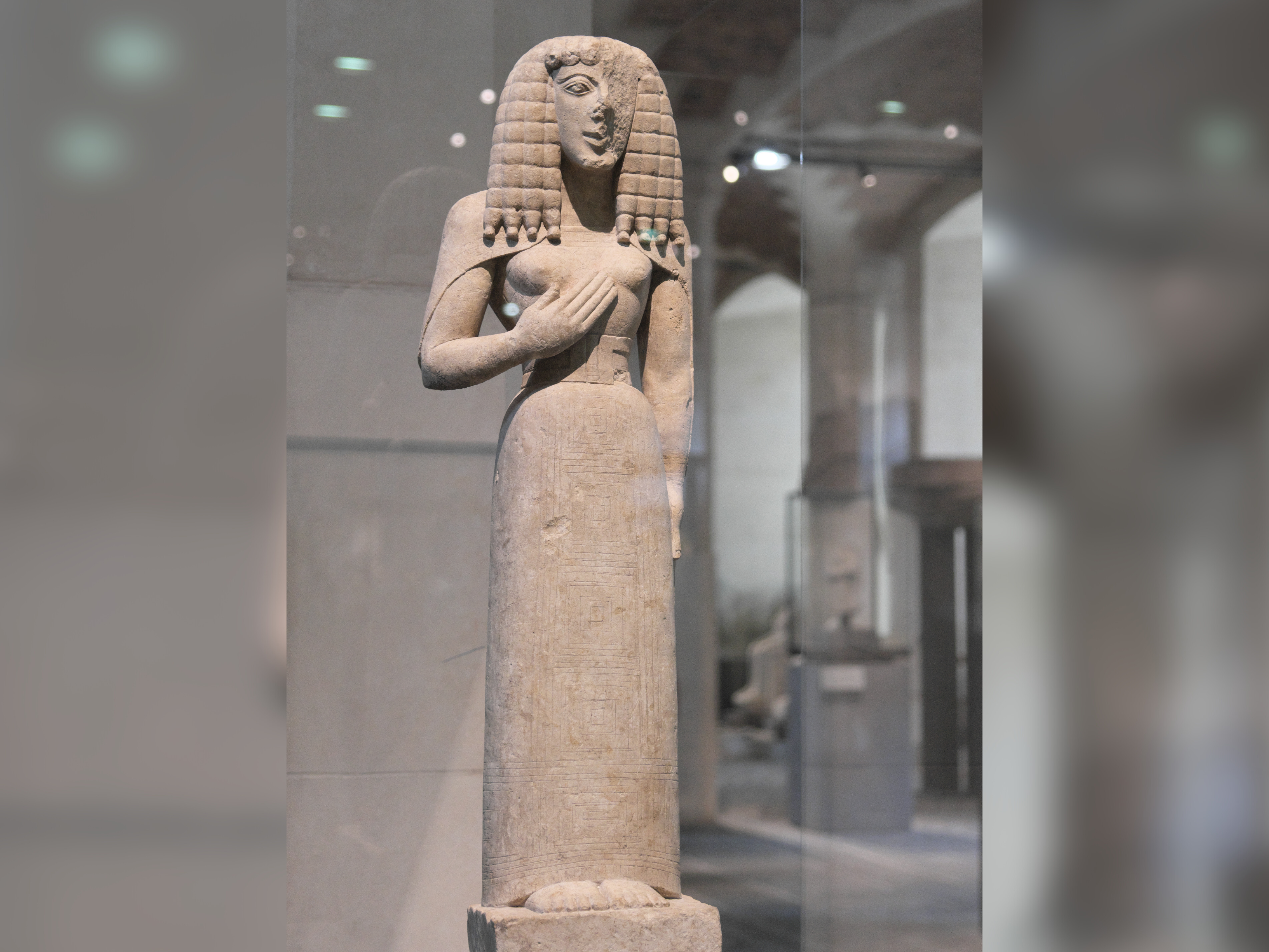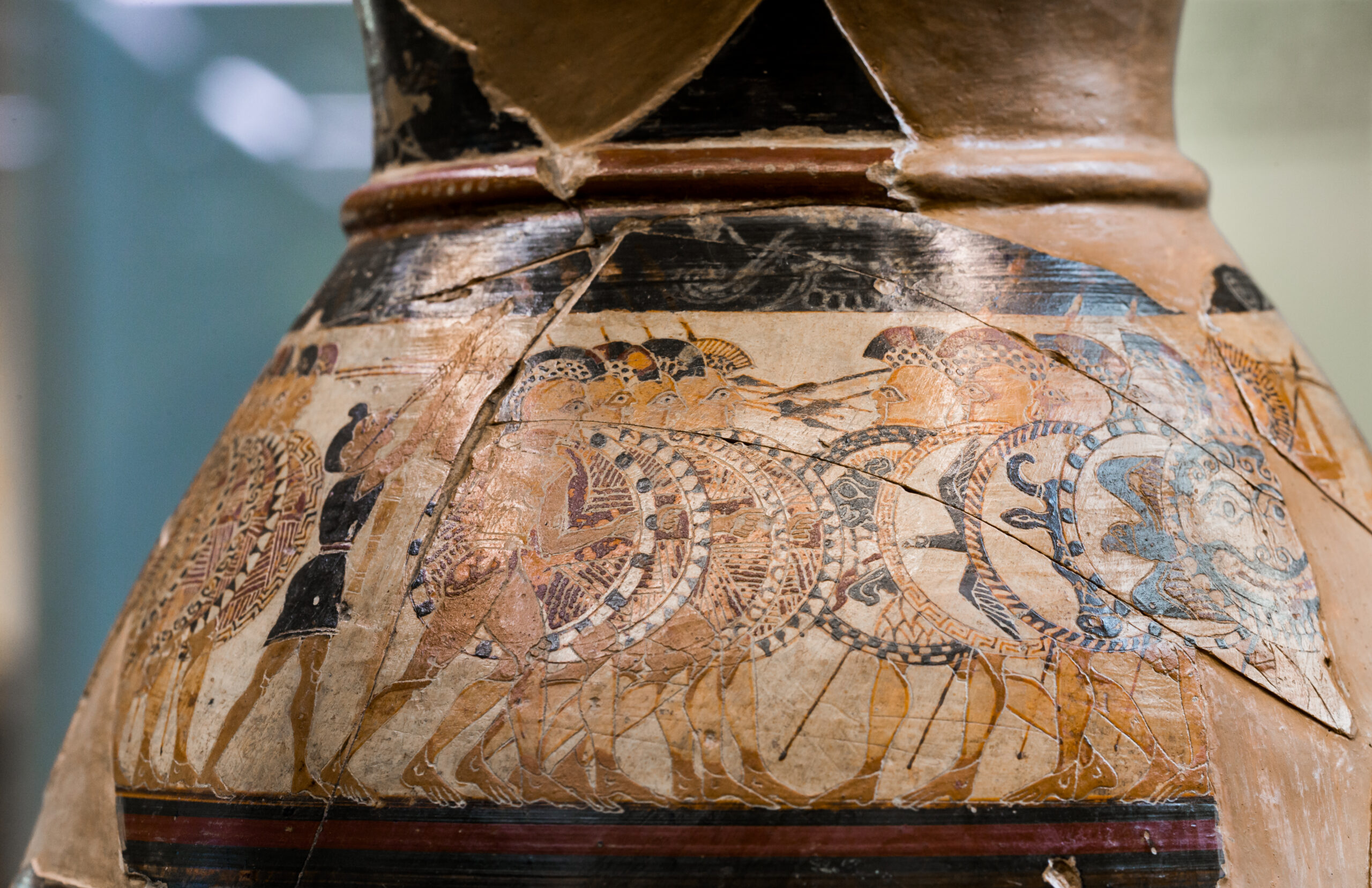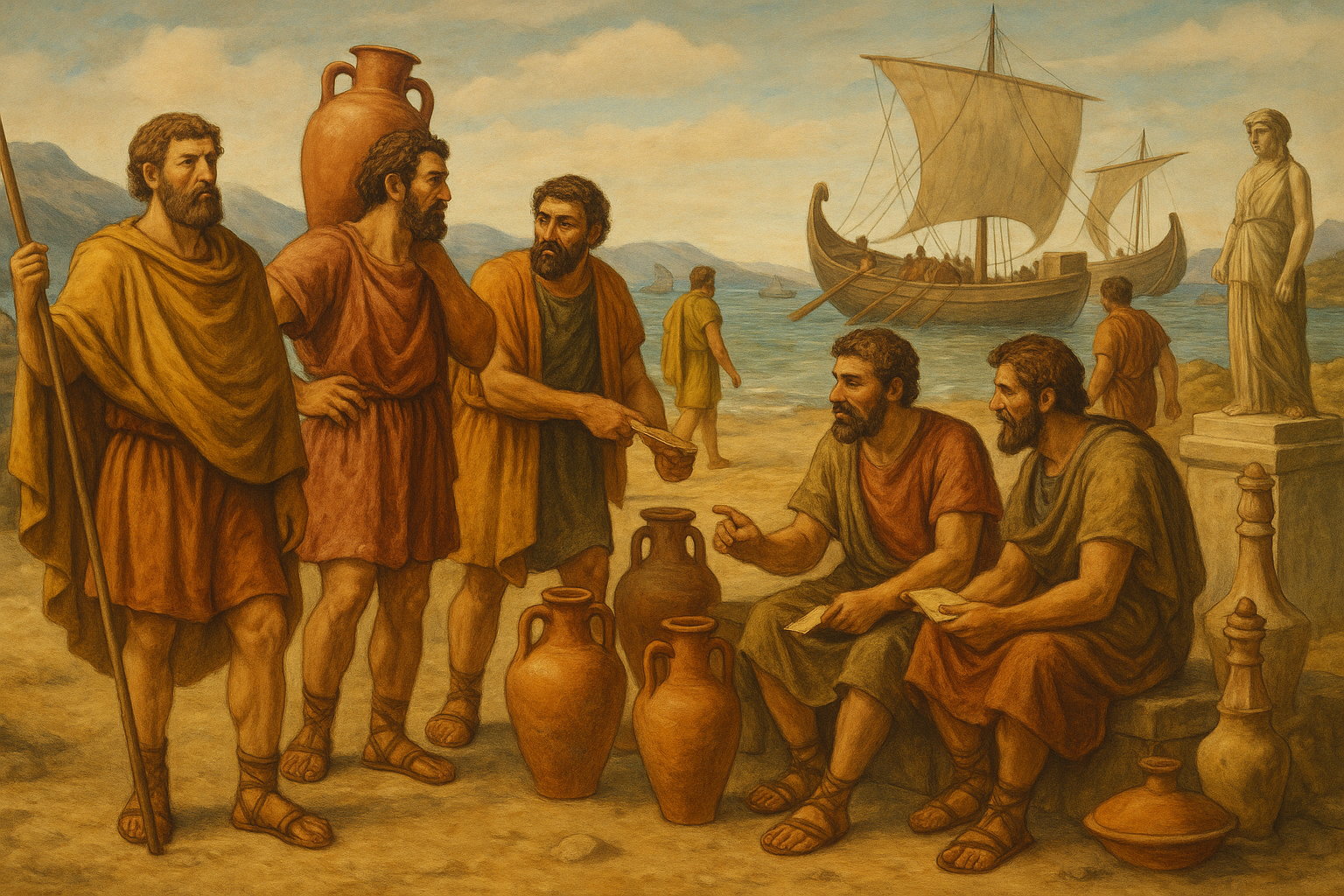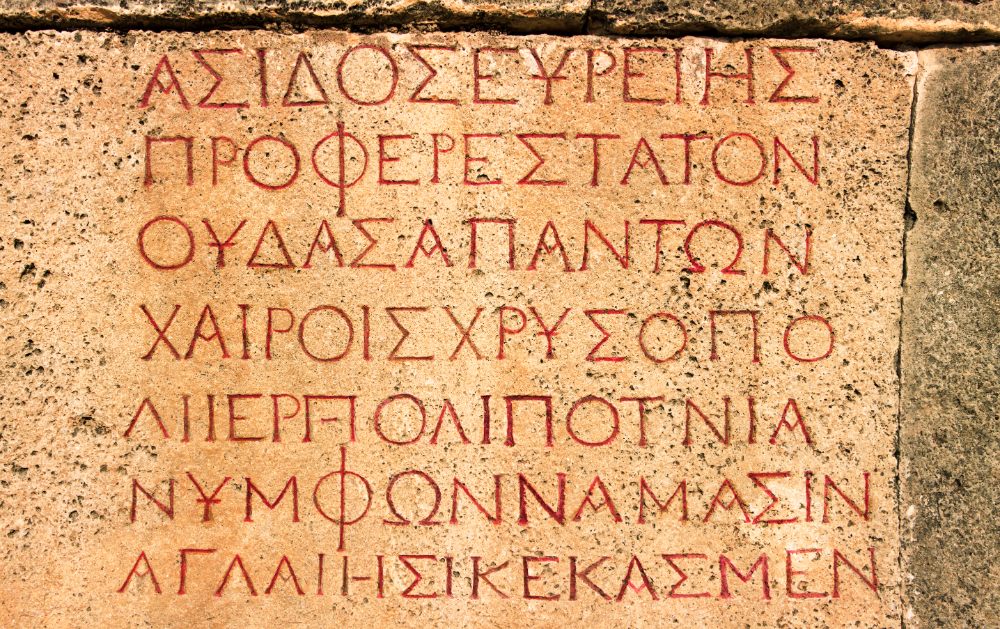A Celebration of Athletic Excellence
The founding of the Olympic Games dates to ancient Greece and is traditionally believed to have occurred in 776 BC in the sanctuary of Olympia. The Games were held in honor of Zeus, the king of the Greek gods, and were a significant part of Greek religious and cultural life. Initially, the event began as a single foot race called the “stadion,” which was roughly 192 meters long. Over the years, the Games expanded to include various athletic competitions, such as wrestling, boxing, pentathlon, and chariot racing.
Every four years, athletes from various city-states across Greece would come to compete in the Olympics, fostering a sense of unity and shared identity among the often-warring Greek states. The victor of each event was granted immense honor and sometimes even material rewards, though the ultimate prize was a wreath made of olive leaves. Winning at the Olympics could elevate an athlete’s status and that of their city-state.
The Games also served as a truce period known as the “Olympic Peace,” during which wars were halted, allowing safe travel for participants and spectators. This festival was not just a sporting event; it was a grand celebration of human physical excellence and cultural exchange. The Olympic Games continued for nearly 12 centuries before being abolished in the early 4th century by Emperor Theodosius I, who viewed them as pagan rituals. The modern Olympic Games, inspired by this ancient tradition, were revived in the late 19th century and continue to thrive today.






